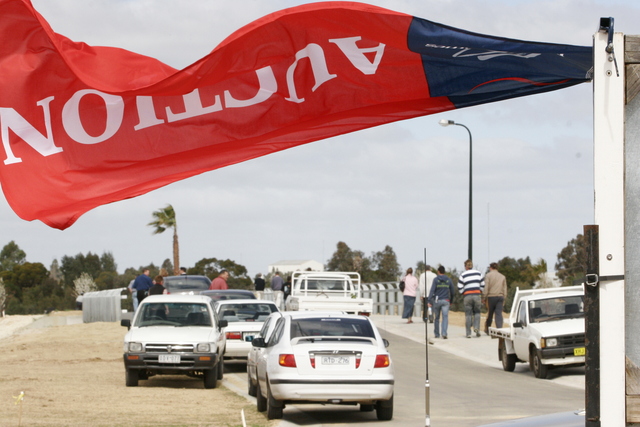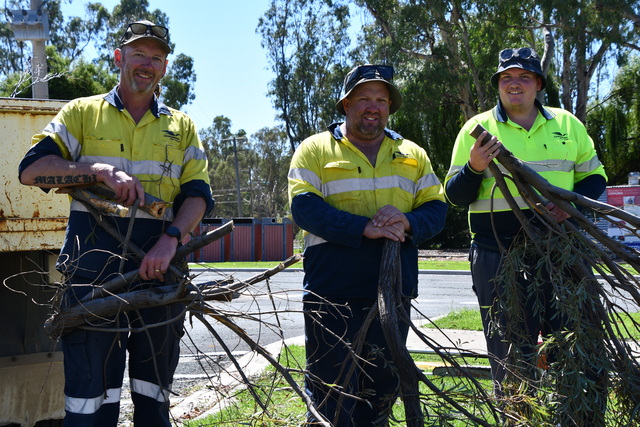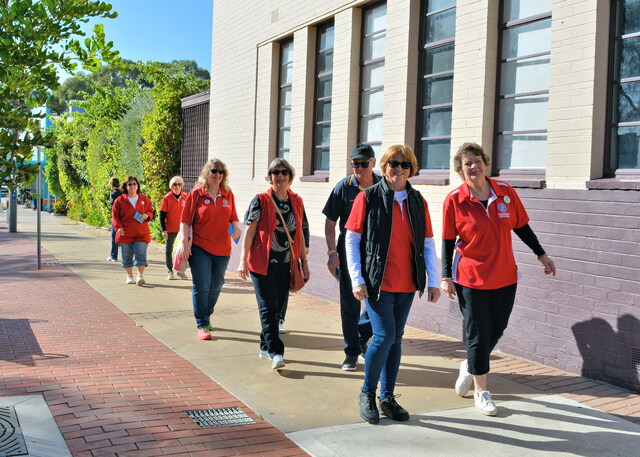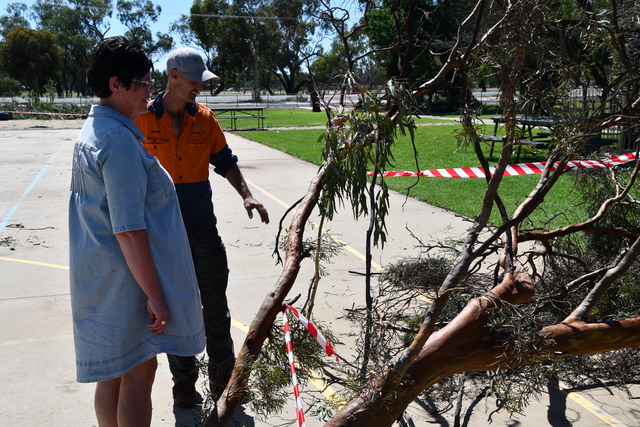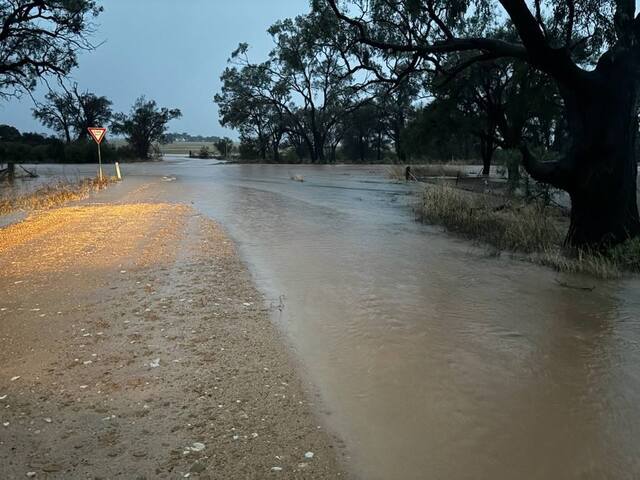A TRAGOWEL farmer whose cattle endured “appalling cruelty and suffering” has been fined $50,000 but has avoided disqualification from raising animals.
George Harvey Jobling, 76, pleaded guilty to 27 counts of aggravated animal cruelty and three of animal cruelty when he faced Kerang Magistrates’ Court.
The court heard that between July 1 and August 3, 2015, 27 of Mr Jobling’s cattle either died or were put down by officers from the Department of Economic Development, Jobs, Transport and Resources.
Prosecutor Courtney Cameron said that department officers received a complaint about the condition of Mr Jobling’s cattle on June 29, 2015. Officers visited the property five times over the next month, during which they either found dead or euthanised 27 cows.
Officers made their first visit to the property on July 1, finding “many cattle in very poor condition, with visible hip and rib bones”.
One animal stuck in an irrigation channel had to be euthanised, as did a recumbent animal.
Six cattle carcasses were found in the channel, while another recumbent animal was found dead and three cows had died while calving.
Officers returned on July 6 and found five dead cattle, including some that had been dragged from the channel, while two recumbent animals had to be euthanised.
On July 9 they found one cow that had died during calving, while three other animals had to be euthanised because of emaciation and a serious case of worms.
They returned on July 24 and found four dead cattle and three more that had to be euthanised, including another that had been dragged from the channel.
Officers made their last visit on August 3, when two animals were found dead.
On several occasions during their visits, officers interviewed Mr Jobling and told him he needed to provide food and a safe watering place for his cattle.
The court heard Mr Jobling admitted to officers that his 1400-acre property was overstocked with 400 cattle and a dry season meant he had limited feed and was having difficulty sourcing hay.
Ms Cameron said the cruelty committed was passive, rather than active, but that did not reduce Mr Jobling’s culpability.
“The offending occurred over a period of time and throughout that period cattle continued to get stuck in the channel and die while calving,” she said.
“This is high-range offending so the court should send the message that cruelty to animals is not to be tolerated in either its active or passive forms.”
Ms Cameron also applied for a five-year disqualification order that would ban Mr Jobling from being in charge of animals.
Lawyer Glenys Jardine said Mr Jobling’s offending was caused by a “whole conglomeration of bad things that happened”, including his serious health problems in 2015, the dry season and a dispute with the water authority over the fencing of the channel.
“His is very distressed about what has happened and save for this period he has an unblemished record,” she said.
Ms Jardine also tendered a newspaper clipping showing that Mr Jobling recorded the top weight at a cattle sale after the offending.
She argued against a banning order, saying Mr Jobling loved his dairy shorthorn cattle and wanted to continue farming.
Magistrate Michael King acknowledged Mr Jobling’s circumstances, but said there was much more he could have done to care for his animals.
“This is appalling cruelty and suffering, is this consistent with a love for his animals,” he said.
“He seems to have had a lackadaisical approach to calving cows and the pain of those cows giving problematic birth must have been inconceivable.
Magistrate King said Mr Jobling had failed to meet his duty of care to his cattle.
“You have a duty to feed them and attend to their health needs and refer them to a vet when needed,” he said.
“You acknowledge you were overstocked and had problems with the channel, you should have taken preventative steps to ensure animals couldn’t access the channel.”
Magistrate King said he would take into account Mr Jobling’s plea of guilty and the evidence showing the improved condition of his cattle.
“There needs to be a deterrent penalty for you and for others who would engage in this conduct,” he said in handing down a $50,000 fine.
He decided against a full banning order, instead putting in place a conditional disqualification order requiring Mr Jobling’s cattle to undergo a vet check every three months.




